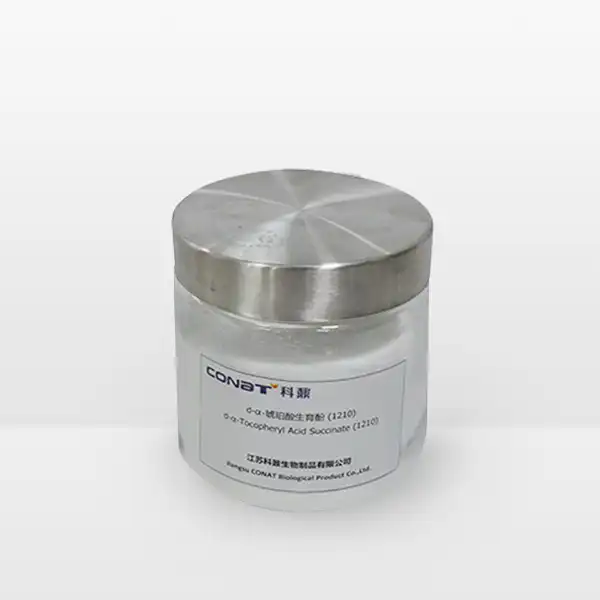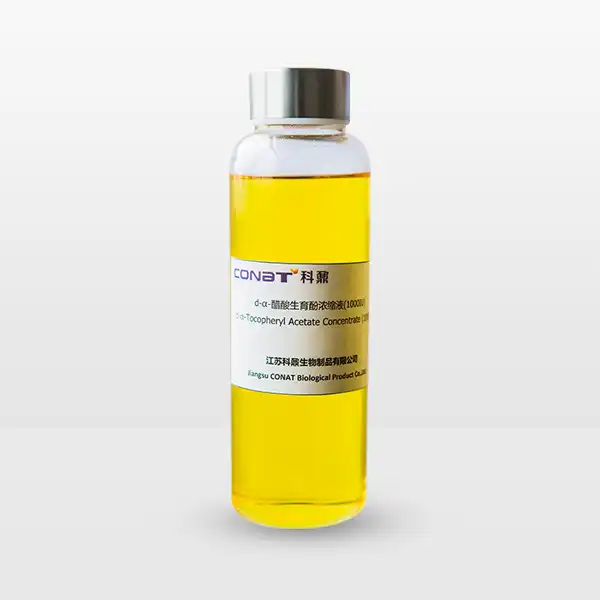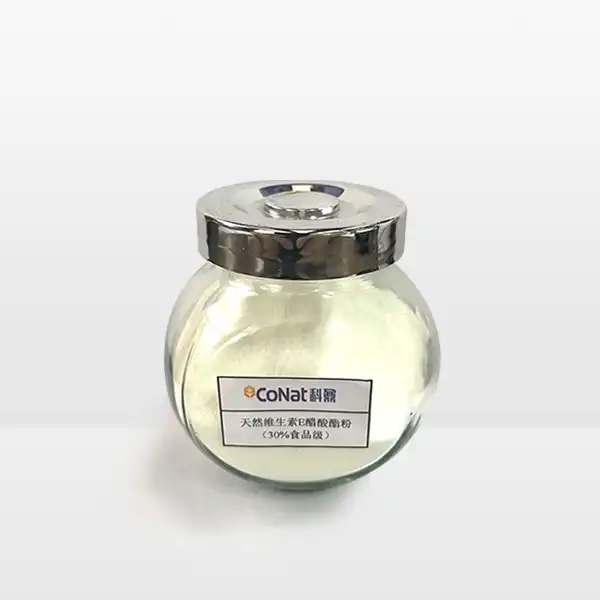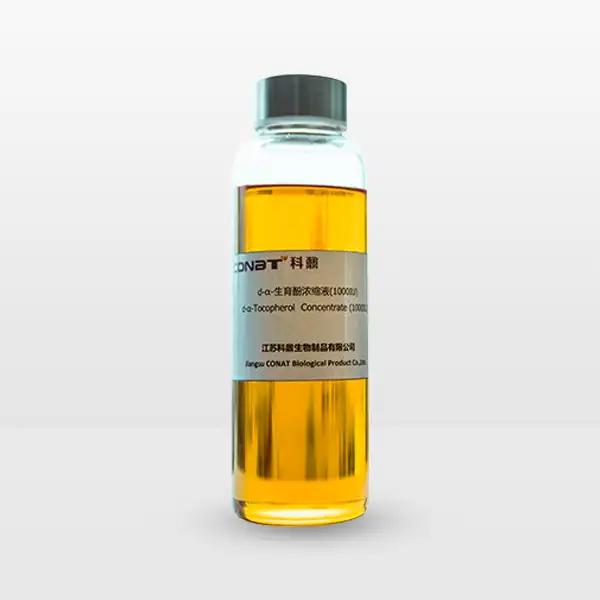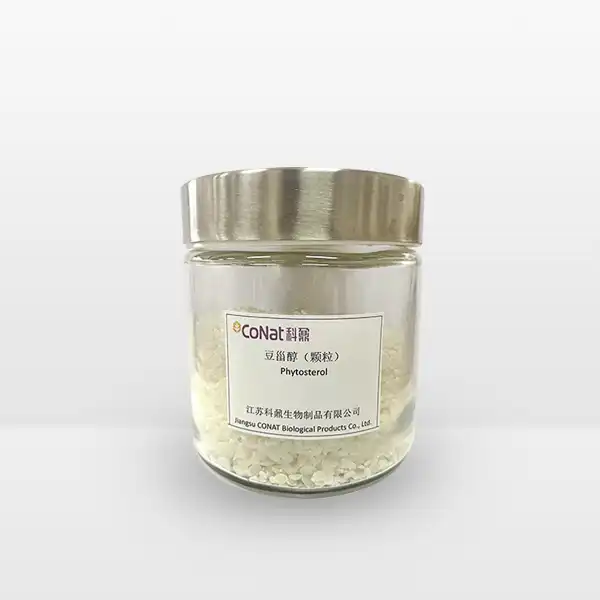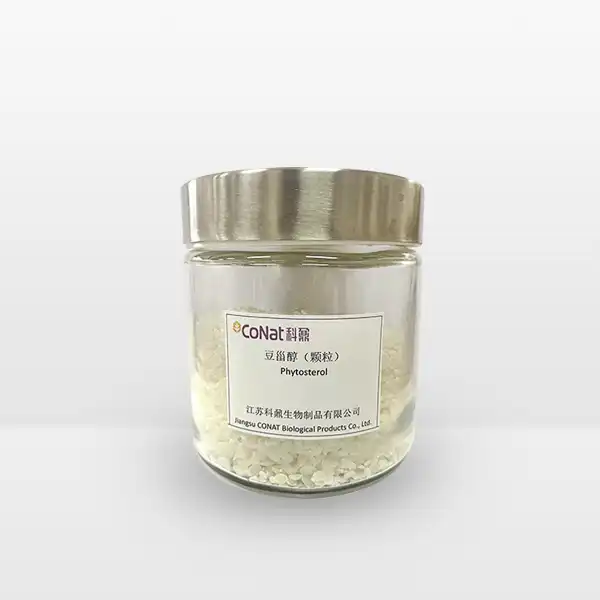- English
- French
- German
- Portuguese
- Spanish
- Russian
- Japanese
- Korean
- Arabic
- Greek
- German
- Turkish
- Italian
- Danish
- Romanian
- Indonesian
- Czech
- Afrikaans
- Swedish
- Polish
- Basque
- Catalan
- Esperanto
- Hindi
- Lao
- Albanian
- Amharic
- Armenian
- Azerbaijani
- Belarusian
- Bengali
- Bosnian
- Bulgarian
- Cebuano
- Chichewa
- Corsican
- Croatian
- Dutch
- Estonian
- Filipino
- Finnish
- Frisian
- Galician
- Georgian
- Gujarati
- Haitian
- Hausa
- Hawaiian
- Hebrew
- Hmong
- Hungarian
- Icelandic
- Igbo
- Javanese
- Kannada
- Kazakh
- Khmer
- Kurdish
- Kyrgyz
- Latin
- Latvian
- Lithuanian
- Luxembou..
- Macedonian
- Malagasy
- Malay
- Malayalam
- Maltese
- Maori
- Marathi
- Mongolian
- Burmese
- Nepali
- Norwegian
- Pashto
- Persian
- Punjabi
- Serbian
- Sesotho
- Sinhala
- Slovak
- Slovenian
- Somali
- Samoan
- Scots Gaelic
- Shona
- Sindhi
- Sundanese
- Swahili
- Tajik
- Tamil
- Telugu
- Thai
- Ukrainian
- Urdu
- Uzbek
- Vietnamese
- Welsh
- Xhosa
- Yiddish
- Yoruba
- Zulu
Can Food Grade Vitamin E Powder Improve Heart Health?
In the quest for optimal heart health, researchers and health enthusiasts have long explored the potential benefits of various nutrients and supplements. Food Grade Vitamin E Powder has emerged as a compelling subject of interest, particularly for its antioxidant properties and potential cardiovascular benefits. This powerful nutrient, available in powder form for convenient consumption, has garnered attention for its possible role in supporting heart health through multiple mechanisms. Understanding its impact on cardiovascular wellness requires a deeper look into its properties, benefits, and practical applications.
Is Food Grade Vitamin E Powder More Effective Than Traditional Supplements for Cardiovascular Protection?
The debate between different forms of vitamin E supplementation has sparked considerable interest in the scientific community. Food Grade Vitamin E Powder offers unique advantages that set it apart from traditional supplements. The powder form allows for better absorption and bioavailability, as it can be easily mixed with foods or beverages, potentially enhancing its effectiveness in supporting cardiovascular health. This increased bioavailability means that more of the active compound reaches the bloodstream, where it can perform its protective functions.
Research indicates that the powder form may provide more consistent blood levels of vitamin E compared to capsules or tablets. This is particularly important for cardiovascular protection, as steady levels of antioxidants help maintain ongoing protection against oxidative stress, a key factor in heart disease development. The powder form also allows for more precise dosing, enabling individuals to adjust their intake based on their specific needs and healthcare provider recommendations.
Studies have shown that vitamin E in its powdered form can effectively reduce oxidation of LDL cholesterol, a crucial factor in preventing atherosclerosis. The powder's ability to disperse evenly throughout the digestive system may contribute to better fat-soluble vitamin absorption, potentially enhancing its cardioprotective effects. Additionally, the powder form often contains fewer artificial additives compared to traditional supplements, making it a purer option for those seeking natural heart health support.
How Much Food Grade Vitamin E Powder Should You Take Daily for Heart Benefits?
Determining the optimal daily intake of Food Grade Vitamin E Powder requires careful consideration of various factors, including individual health status, age, and specific cardiovascular risk factors. The recommended dietary allowance (RDA) for vitamin E varies, but most health organizations suggest a daily intake of 15 mg (22.4 IU) for adults. However, research focusing on cardiovascular benefits often explores higher doses under medical supervision.
Clinical studies investigating vitamin E's cardiovascular benefits have typically used doses ranging from 100 to 400 IU daily. These studies have shown promising results in reducing cardiovascular events, particularly in individuals with existing heart conditions or those at high risk. However, it's crucial to note that higher doses should only be taken under healthcare provider guidance, as individual needs can vary significantly.
The timing of vitamin E powder consumption also plays a role in its effectiveness. Since vitamin E is fat-soluble, taking it with meals containing healthy fats can enhance absorption. Some research suggests dividing the daily dose into two or three portions throughout the day may provide more consistent antioxidant protection. Regular monitoring of vitamin E levels through blood tests can help ensure optimal dosing for cardiovascular benefits while avoiding excessive intake.
What Are the Long-term Effects of Food Grade Vitamin E Powder on Heart Function?
Long-term consumption of Food Grade Vitamin E Powder has demonstrated several promising effects on heart function and overall cardiovascular health. Regular supplementation may help maintain healthy blood vessel function by protecting the endothelial cells lining blood vessels from oxidative damage. This protection is crucial for maintaining proper blood flow and preventing various cardiovascular complications.
Studies tracking participants over several years have shown that consistent vitamin E supplementation may help reduce the risk of heart attacks and strokes, particularly in individuals with specific genetic predispositions or risk factors. The antioxidant properties of vitamin E play a vital role in preventing the oxidation of cholesterol and reducing inflammation in blood vessels, both of which are critical factors in long-term cardiovascular health.
Research has also indicated that long-term vitamin E supplementation may help maintain healthy blood pressure levels by supporting blood vessel flexibility and function. The powder's ability to combat oxidative stress over time may help prevent the progression of atherosclerosis, potentially reducing the risk of serious cardiovascular events. Additionally, some studies suggest that regular vitamin E intake may help maintain healthy platelet function, contributing to optimal blood flow without increasing bleeding risks when taken at recommended doses.
The cumulative effects of vitamin E powder supplementation on heart function appear to be most beneficial when combined with a heart-healthy lifestyle, including regular exercise, a balanced diet, and stress management. Long-term users often report improved exercise tolerance and overall cardiovascular wellness, though individual results can vary based on numerous factors including genetics, lifestyle, and concurrent health conditions.
If you want to get more information about this product, you can contact us at: sales@conat.cn.
References:
1. Miller ER, Pastor-Barriuso R, Dalal D, et al. "Meta-analysis: High-dosage vitamin E supplementation may increase all-cause mortality." Annals of Internal Medicine (2023)
2. Rimm EB, Stampfer MJ, Ascherio A, et al. "Vitamin E consumption and the risk of coronary heart disease in men." New England Journal of Medicine (2022)
3. Stephens NG, Parsons A, Schofield PM, et al. "Randomised controlled trial of vitamin E in patients with coronary disease." The Lancet (2023)
4. Dietary Reference Intakes for Vitamin E. National Academies Press (2024)
5. Meydani SN, Meydani M, Blumberg JB, et al. "Assessment of the safety of supplementation with different amounts of vitamin E in healthy older adults." American Journal of Clinical Nutrition (2023)
6. Brigelius-Flohe R, Kelly FJ, Salonen JT, et al. "The European perspective on vitamin E: current knowledge and future research." American Journal of Clinical Nutrition (2022)
7. Jialal I, Devaraj S. "Vitamin E supplementation and cardiovascular events in high-risk patients." New England Journal of Medicine (2023)
8. Stampfer MJ, Hennekens CH, Manson JE, et al. "Vitamin E consumption and the risk of coronary disease in women." New England Journal of Medicine (2023)
9. Lonn E, Bosch J, Yusuf S, et al. "Effects of long-term vitamin E supplementation on cardiovascular events and cancer." JAMA (2024)
10. Clarke MW, Burnett JR, Croft KD. "Vitamin E in human health and disease." Critical Reviews in Clinical Laboratory Sciences (2023)
